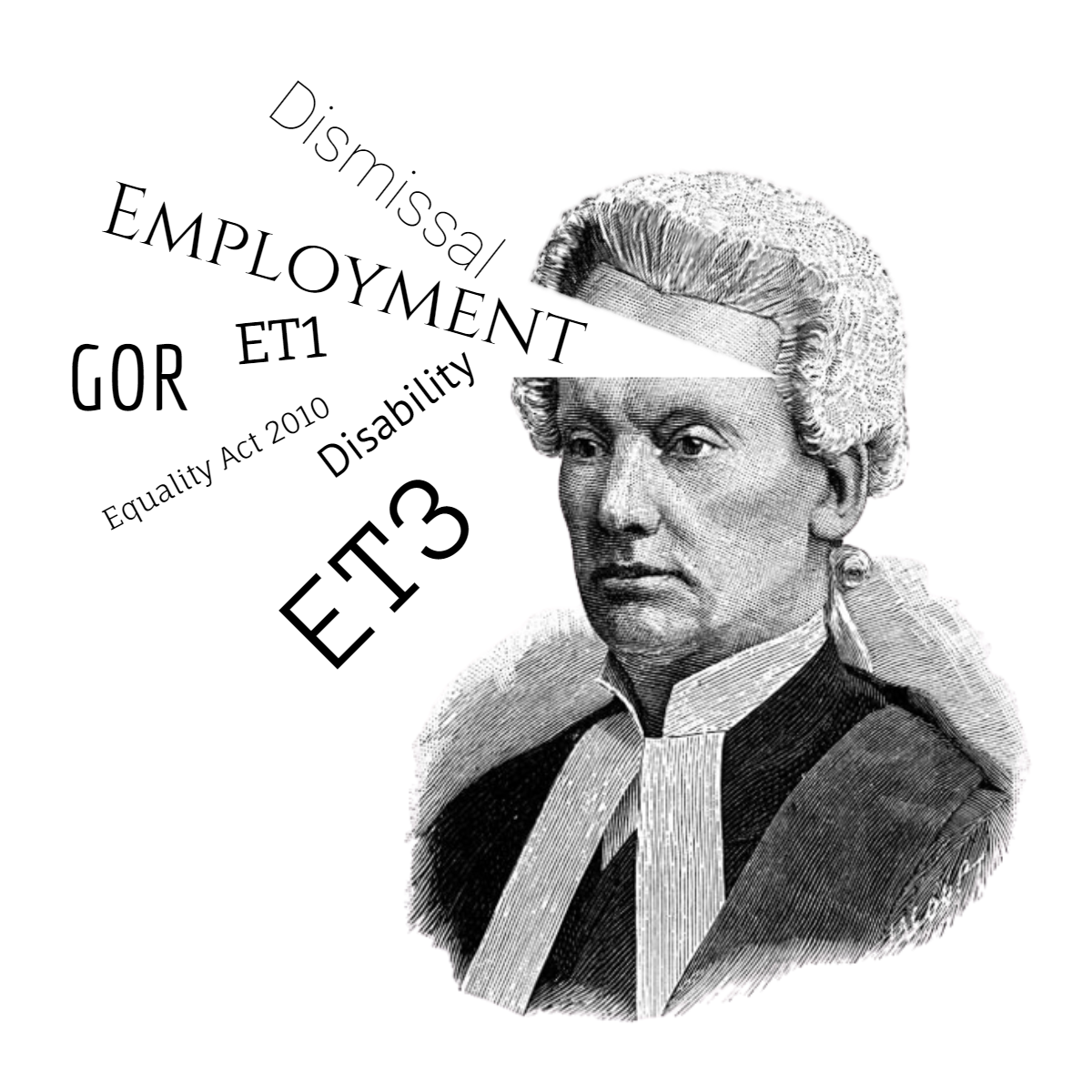The Contract of Employment
The Contract of Employment
Introduction
At the root of every employment relationship between employer and employee is the contract of employment. The contract of employment is an agreement in which the employee agrees to perform certain tasks for the employer who in turn agrees to pay the employee a wage. The contract of employment will usually contain agreed terms in relation to pay and a variety of other matters that govern the relationship.
There is no legal requirement for the contract to be in writing. Section 230(2) ERA defines the contract of employment as “a contract of service or apprenticeship, whether express or implied, and (if it is express) whether oral or in writing”. In practice, the contact may be written or oral, or a combination of both.
Background
At common law either party to the contract of employment can terminate the employment by giving the other the contractually agreed period of notice. There are still no other restrictions today on the employee’s right to terminate the contract. That is consistent with Employment Law’s fundamental ethos that someone can never be compelled to work for another. Restrictions are placed upon the employer’s right to terminate the contract but these mostly require the payment of monetary compensation where an employee is dismissed. Only extremely rarely can an employer be compelled to give someone their job back.
Grievance Procedures
The absence of any restrictions upon the power to dismiss meant that there was never much incentive to have disciplinary or grievance procedures in the workplace that could require an employer to reconsider whether to dismiss an employee. The first inroad into this unfettered power to dismiss came with the introduction of statutory minimum periods of notice in the Contracts of Employment Act 1963. This Act gave employees the right to minimum notice on dismissal regardless of what their contract of employment stated. In 1965 the Redundancy Payments Act 1965 introduced redundancy payments based on length of service on termination of employment. Unfair dismissal came via the Industrial Relations Act 1971.
Employment Rights
Get help with your employment rights, as it arises at work. If you are having problems at work you may not understand where to start. I can coach you to navigate your Employment Policies and Procedures. This can help you argue your employment issue and organise any potential claim in the right way up to the employment tribunal if needed. As an expert law tutor I will guide and support you through the whole process. I offer simple, cost effective and confidential employment advice for employees/workers on employment issues you experience at work. I particularly want to assist anyone who has been discriminated.
Employment Advice
I have been teaching law for 20 years. Moreover, I have gained a lot of employment law experience advising both individuals and companies. I have had many successful outcomes but more than that I have had countless cases that ended in settlements because the case could not be won by the employer. If you are having problems at work why not get someone to teach you how employment law works. I provide valuable advice while you are having trouble at work and can coach you through a successful outcome. I have been just as effective for defending employment claims for businesses.
HOw I can Help?
I need to raise a Grievance
How to gather evidence for my grievance
How to appeal my grievance
Defend a disciplinary
Dealing with a potential unfair dismissal
Is this an automatic unfair dismissal?
What are protected acts?
Resign and claim constructive dismissal
Is my Redundancy fair
What is the process for Whistleblowing?


